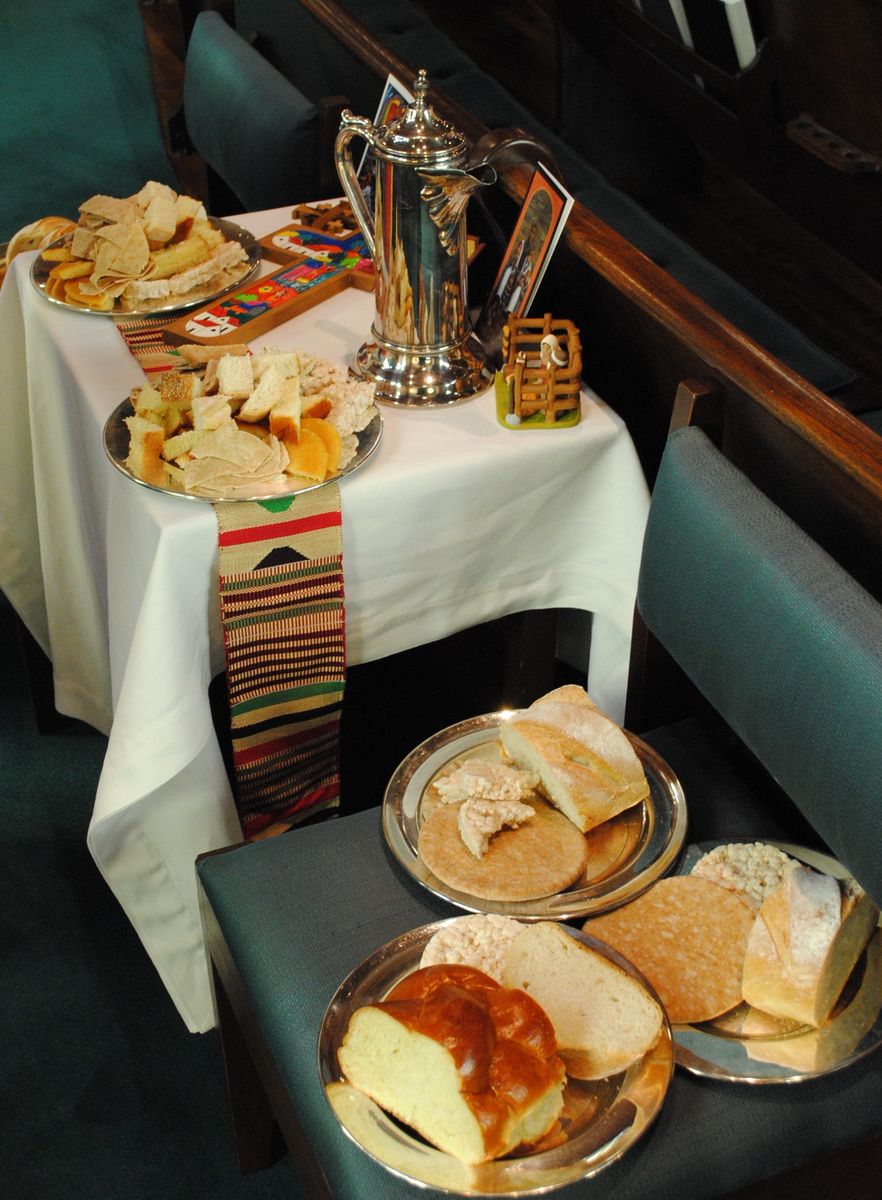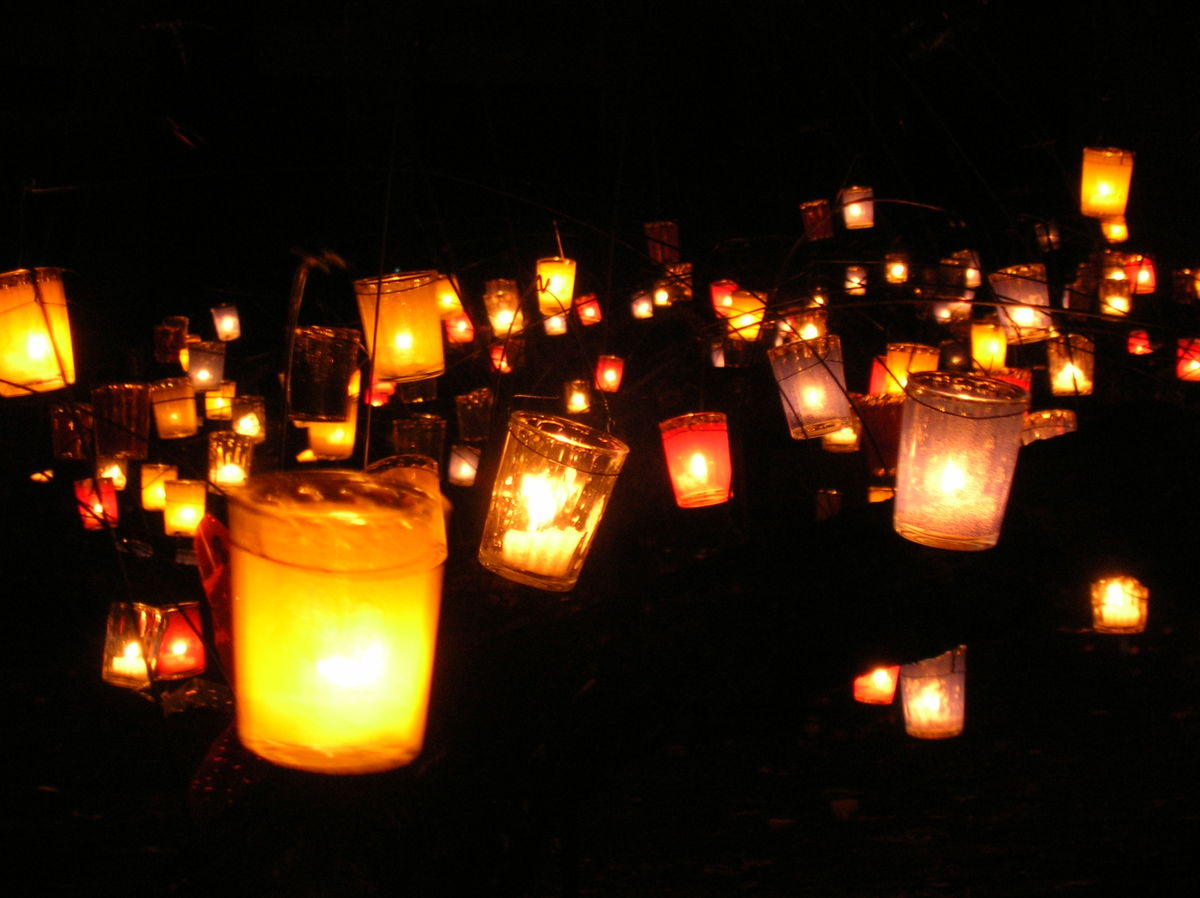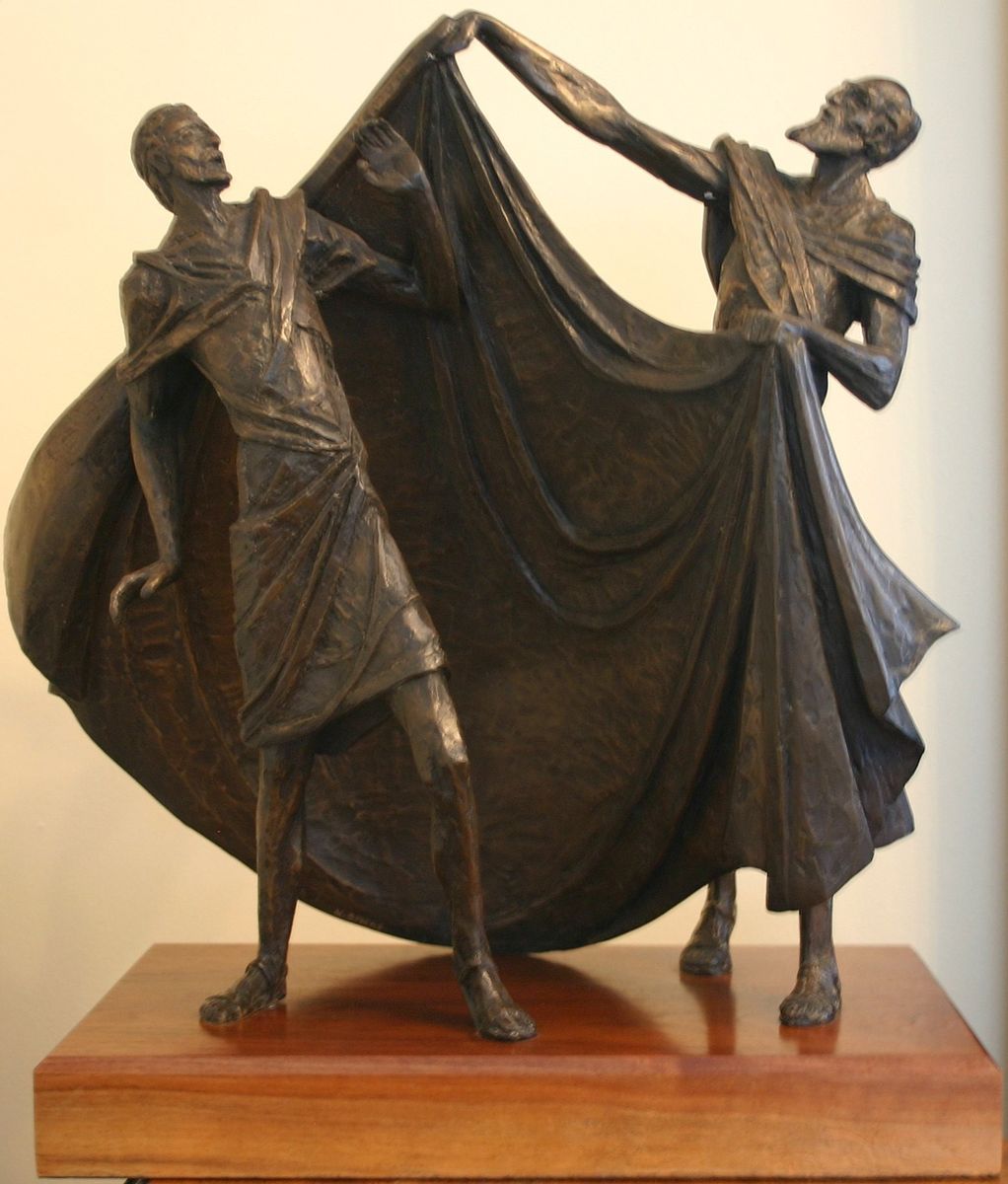If you were enjoying a pleasant, well-fed stupor in the hours and days after Thanksgiving, the season of Advent has arrived to throw cold water in your face. The scriptures we read this past Sunday (Romans 13:-14 and Matthew 3:1-12) don’t feature angels, babies, or stars. Instead, we hear “Wake up! Do not revel in debauchery, quarreling and jealousy!” and “Repent, you brood of vipers!”
It’s not nice to be yelled at. The urgency of these texts can feel exhausting, because  most of us have enough urgency in our lives already. We have a long list of unfulfilled responsibilities that grows even longer at this time of year. We’re busy caring for those we love and trying to care for ourselves.We’re busy sending cards, welcoming guests, observing traditions, and acting cheerful, even if we’re really stressed-out or sad. We’re busy — and if we’re not, something tell us that we should be, just to keep up appearances.
most of us have enough urgency in our lives already. We have a long list of unfulfilled responsibilities that grows even longer at this time of year. We’re busy caring for those we love and trying to care for ourselves.We’re busy sending cards, welcoming guests, observing traditions, and acting cheerful, even if we’re really stressed-out or sad. We’re busy — and if we’re not, something tell us that we should be, just to keep up appearances.
But the wake-up call we get this week, this cold Advent faceful of water, isn’t about our  normal responsibilities, or our holiday to-do list. Instead we hear from a foul-smelling, fly-ridden, crazy-eyed prophet. He doesn’t care if we meet our deadlines. No one who wears camel’s hair and eats insects is very concerned about other people’s expectations. Instead, he’s asking us to put all that other stuff aside to wake up to the immanent, magnificent, life-changing presence of God.
normal responsibilities, or our holiday to-do list. Instead we hear from a foul-smelling, fly-ridden, crazy-eyed prophet. He doesn’t care if we meet our deadlines. No one who wears camel’s hair and eats insects is very concerned about other people’s expectations. Instead, he’s asking us to put all that other stuff aside to wake up to the immanent, magnificent, life-changing presence of God.
John’s words are harsh. But all of us need a bracing pep talk now and then to keep our priorities straight. We need a voice that’s strange and powerful enough to break through our everyday. It’s only then that we can fight against the nagging voice that asks us to do, or be, the wrong kind of more. It’s only then that we can defy expectations that lead us to anxiety and despair. It’s only then that we can wake up to the kingdom of heaven all around us.
So whenever you take a look at your watch or your clock, try to see John’s face instead. When you’re writing down your list of tasks, add in a reminder: “The Kingdom of Heaven is Near!” May we all receive this gift of God, this strange and smelly prophet, and wake up to the presence of God all around us.






